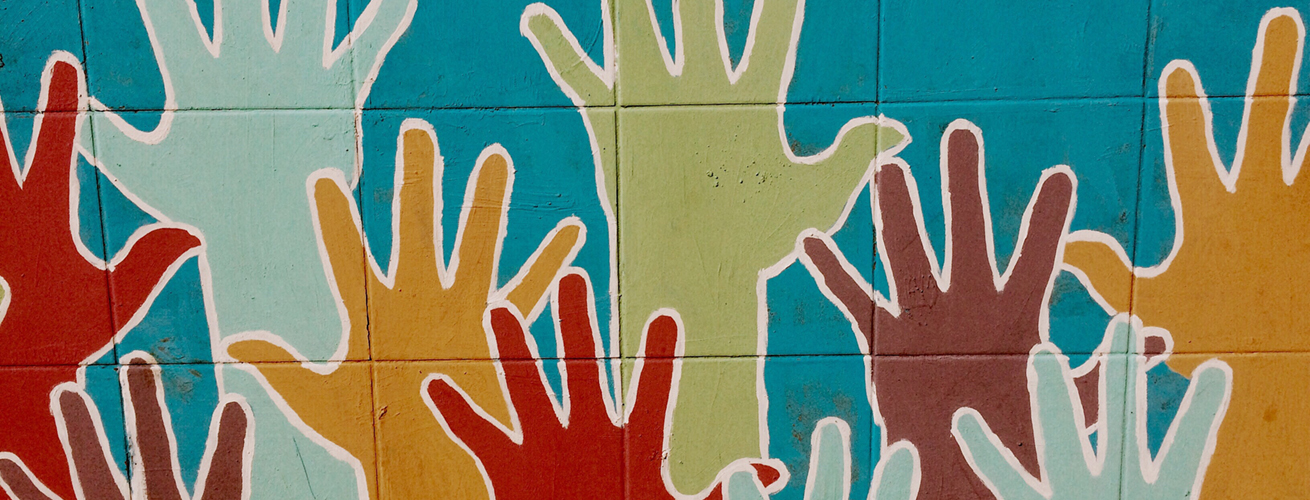By Erin Stiling
As a relatively new Pittsburgh resident (just under two years), I sometimes feel like I am living in an alternate reality when I hear national accolades heaped upon our city. Yes, it’s truly a beautiful place, and yes, the self-driving cars I see every day do make me feel like I’m living in the future.
What causes my cognitive dissonance never gets mentioned in national or local press: the fact that Pittsburgh’s low-income families are poorly served by the city’s public schools. Somehow that doesn’t come up in glowing reviews of our city’s reinvention. No one mentions that 79 percent of students in Pittsburgh – 21,113 children – attend low-quality schools or that 75 percent of PPS 9th graders do not ultimately attain a 2- or 4-year college degree.
It is not possible for our city to truly be revitalized, and it is not possible for our city to set itself up for an economically strong 21st century, without dramatically improving the quality of education all of our children receive and without educating children in a way that will enable them to have true options after they leave our public school system. Our public school system. How can a city that is so proud of its assets tolerate a system that only graduates two-thirds of its black high schoolers?
Thankfully, I experienced a couple of hours a few weeks ago where I felt like my understanding of Pittsburgh’s reality was actually shared by others in my community. PennCAN’s event, Opportunities Lost, enabled key leaders to publicly speak the truths that so often feel unstated in this city. Ultimately, panel member Tracey Reed Armant, Ph.D., summed up my understanding of Pittsburgh’s reality more concisely than I ever could when she said, “What would we do if these were the outcomes for white children?”
From where I stand, “we” is the most compelling dimension of Tracey’s powerful question. “We” is daunting, because “we” includes me, and I obviously cannot be both moved by Tracey’s question and choose to do nothing. Thankfully, “we” is also motivating and reassuring as “we” includes all of us, and it is equally obvious that we Pittsburghers are capable of great things when we join forces.
Erin Stiling lives in the Point Breeze neighborhood.
